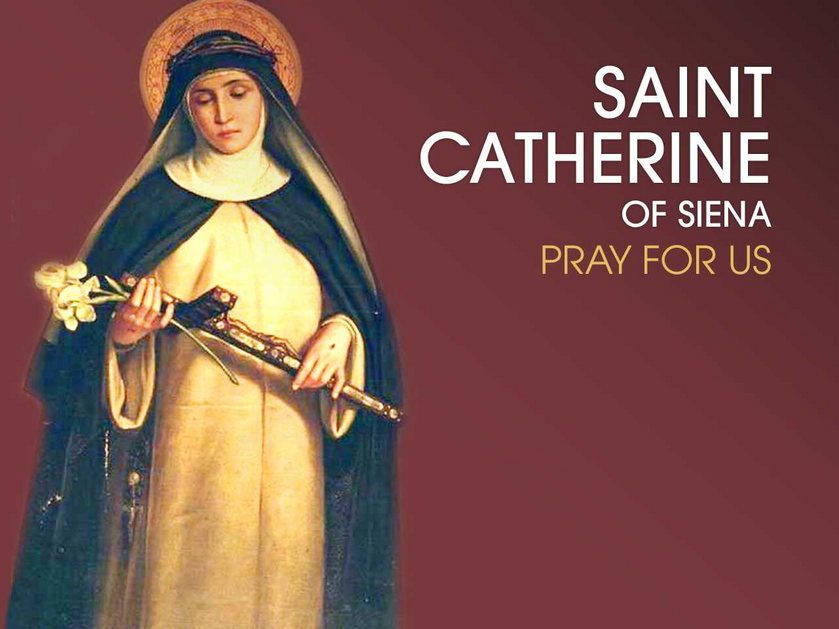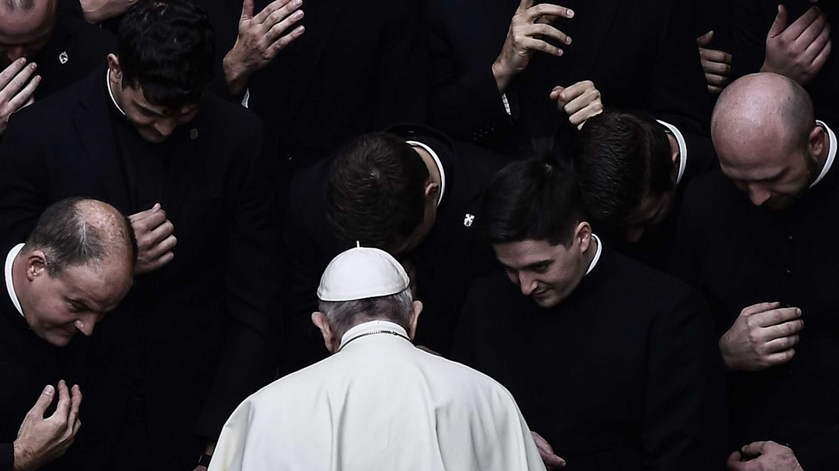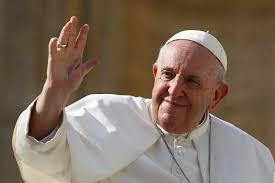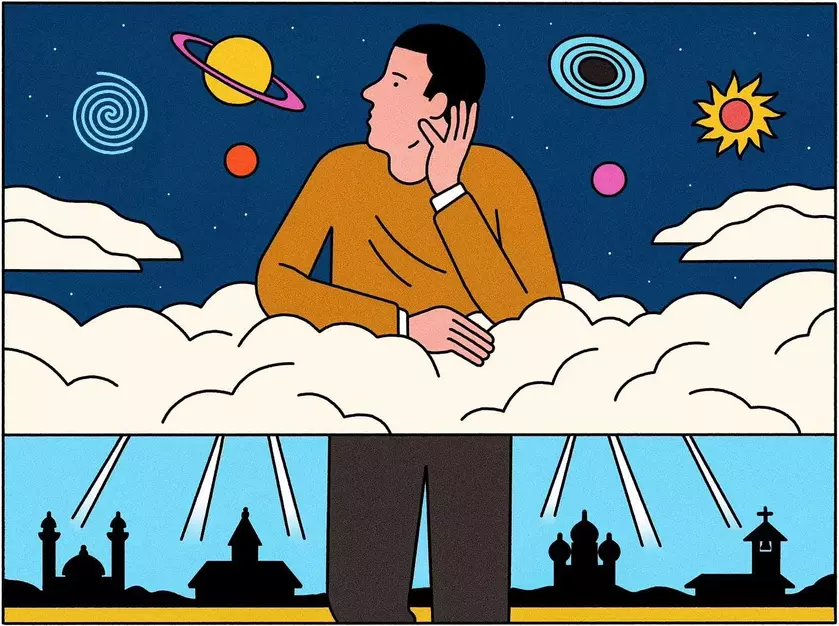In a recent article by Archbishop Charles Chaput in First Things, he reflects on the legacy of Pope Francis in this moment between pontificates. He was both charitable and candid—two things we desperately need right now.
I have personal memories of Pope Francis that I greatly value: a friendly and generous working relationship at the 1997 Synod on America when we were both newly appointed archbishops; his personal welcome and warmth at Rome’s 2014 Humanum conference; and the extraordinary success of his 2015 visit to Philadelphia for the Eighth World Meeting of Families. He devoted himself to serving the Church and her people in ways that he felt the times demanded. As a brother in the faith, and a successor of Peter, he deserves our ongoing prayers for his eternal life in the presence of the God he loved.
There’s a real tenderness and respect here. And it’s a good example of how disagreement with a pontificate shouldn’t involve hostility toward the pope. Sadly—though not surprisingly—I’ve seen more than a little of that in comment sections online.
He continues:
Having said that, an interregnum between papacies is a time for candor. The lack of it, given today’s challenges, is too expensive. In many ways, whatever its strengths, the Francis pontificate was inadequate to the real issues facing the Church. He had no direct involvement in the Second Vatican Council and seemed to resent the legacy of his immediate predecessors who did; men who worked and suffered to incarnate the council’s teachings faithfully into Catholic life. His personality tended toward the temperamental and autocratic. He resisted even loyal criticism. He had a pattern of ambiguity and loose words that sowed confusion and conflict.
In the face of deep cultural fractures on matters of sexual behavior and identity, he condemned gender ideology but seemed to downplay a compelling Christian “theology of the body.” He was impatient with canon law and proper procedure. His signature project, synodality, was heavy on process and deficient in clarity. Despite an inspiring outreach to society’s margins, his papacy lacked a confident, dynamic evangelical zeal. The intellectual excellence to sustain a salvific (and not merely ethical) Christian witness in a skeptical modern world was likewise absent.
What the Church needs going forward is a leader who can marry personal simplicity with a passion for converting the world to Jesus Christ, a leader who has a heart of courage and a keen intellect to match it. Anything less won’t work.
I love that. “A leader with a passion for converting the world to Jesus Christ.” Amen!
May the Holy Spirit lead the cardinals in choosing our next pope. And may Pope Francis rest in the peace


















